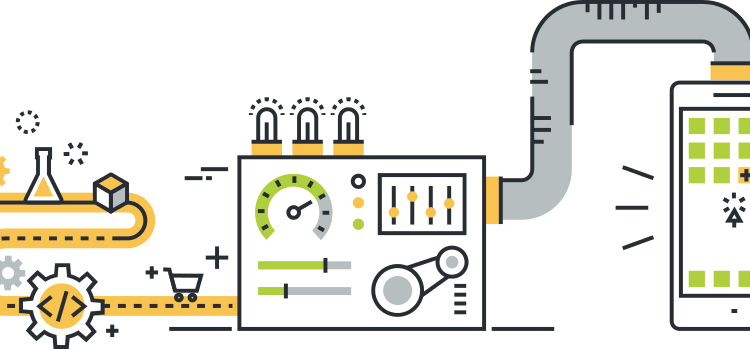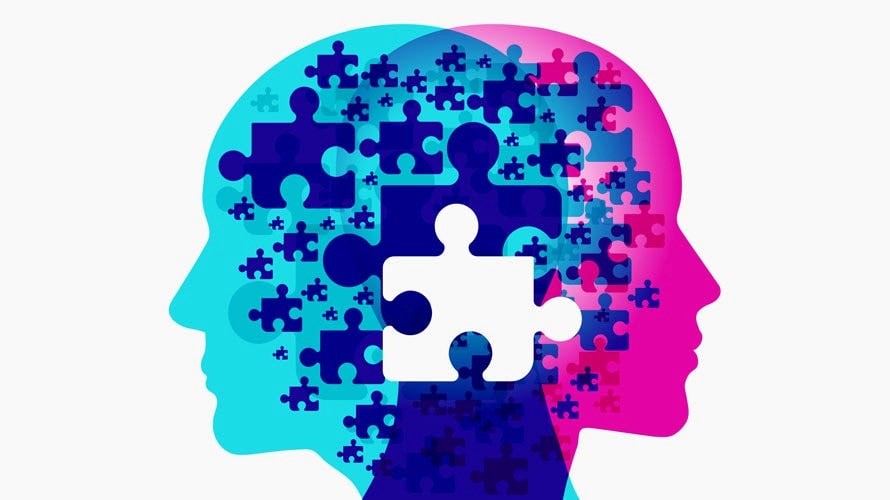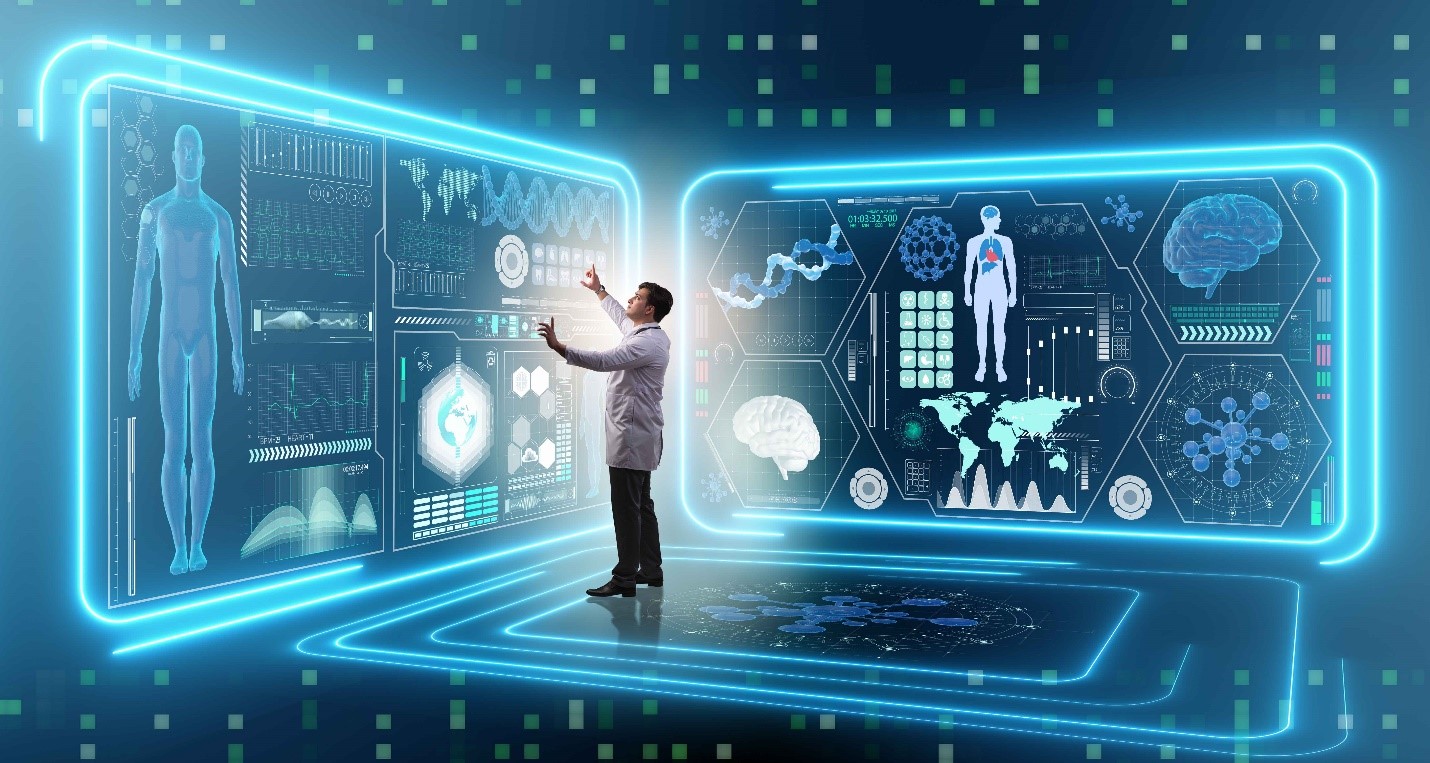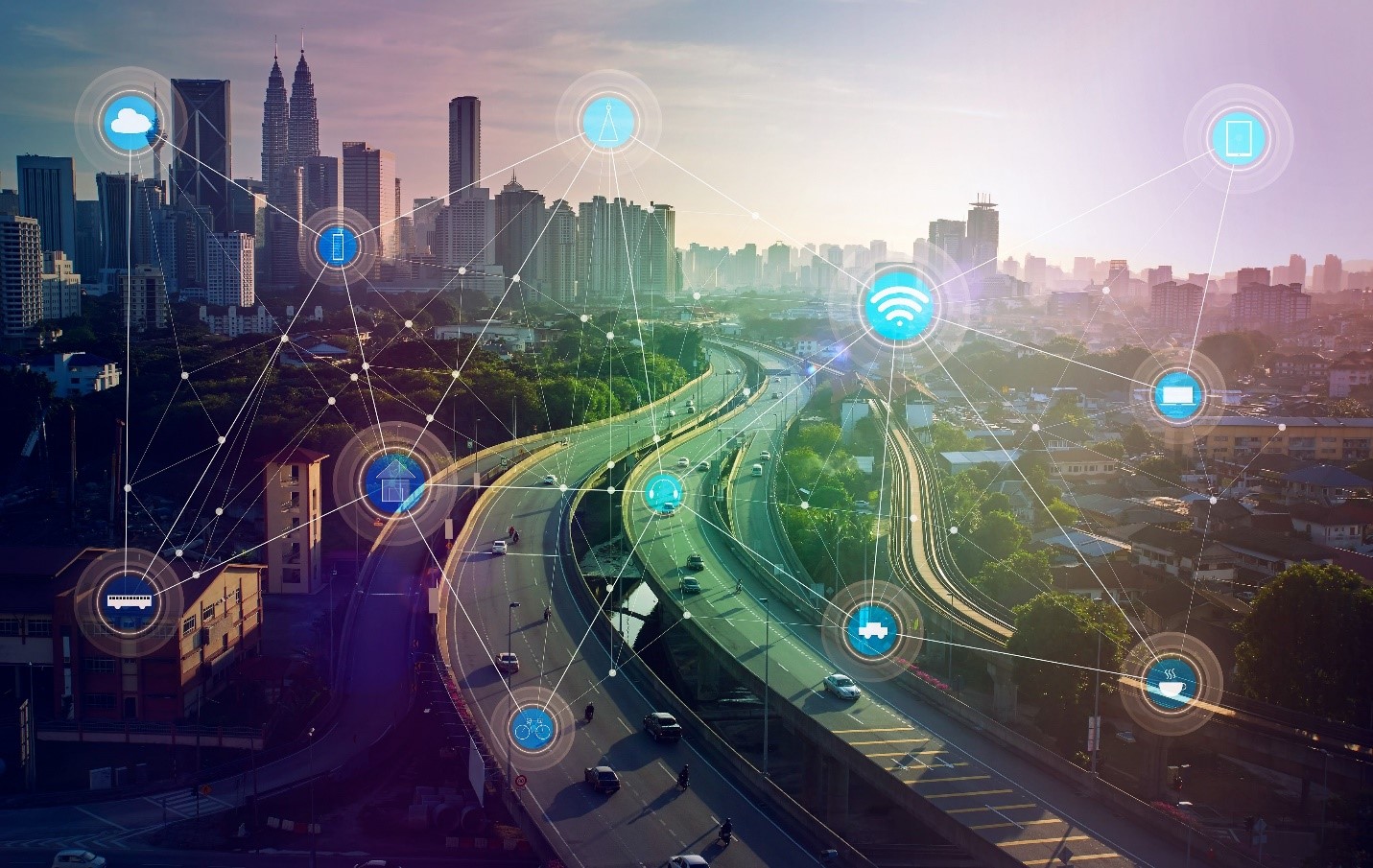
In recent years, the fitness industry has undergone a technological revolution, with fitness apps becoming an integral part of how people approach health and wellness. As we look towards 2025, the evolution of fitness apps is set to continue, driven by advancements in technology, changing consumer preferences, and an increased focus on holistic health. This article explores the key trends shaping the future of fitness apps, offering insights into what users can expect from this dynamic field.
1. Personalized Fitness Experiences
As fitness apps evolve, personalization remains a cornerstone of their development. By 2025, the ability to tailor fitness plans to individual needs will reach new heights. With advancements in artificial intelligence and machine learning, fitness apps will offer hyper-personalized experiences, analyzing user data to create customized workout plans, nutrition advice, and wellness tips. These apps will consider factors such as age, fitness level, health goals, and even genetic information to deliver bespoke fitness solutions.
2. Integration with Wearable Technology
The integration of fitness apps with wearable technology is expected to deepen by 2025. Wearables such as smartwatches, fitness trackers, and even smart clothing will seamlessly sync with apps, providing real-time data on metrics like heart rate, calories burned, sleep patterns, and more. This integration will enable users to monitor their progress more accurately and receive immediate feedback, enhancing motivation and accountability.
3. Virtual and Augmented Reality Workouts
Virtual reality (VR) and augmented reality (AR) are set to transform the fitness app landscape. By 2025, these technologies will offer immersive workout experiences, allowing users to engage in activities like virtual cycling through scenic routes or participating in augmented reality yoga classes. This innovation will make exercising more engaging and enjoyable, helping to combat workout monotony and increase user retention.
4. Holistic Health and Wellness
The focus of fitness apps is shifting from purely physical fitness to a more holistic approach to health and wellness. In 2025, fitness apps will incorporate features that address mental health, stress management, and overall well-being. Users can expect guided meditation sessions, mindfulness exercises, and stress-relief techniques integrated into their fitness routines, promoting a balanced lifestyle.
5. Community and Social Engagement
Community and social engagement features will become more prominent in fitness apps by 2025. These apps will leverage social media integration, enabling users to connect with friends, join virtual fitness challenges, and share achievements. Building a sense of community and fostering social interaction will not only enhance user motivation but also create a supportive environment for achieving fitness goals.
6. AI-Driven Coaching and Support
Artificial intelligence will play a pivotal role in providing coaching and support through fitness apps. By 2025, AI-powered virtual trainers will offer real-time feedback on form and technique, ensuring users perform exercises correctly and safely. Additionally, AI chatbots will be available 24/7 to answer questions, provide motivation, and offer personalized advice, making expert support accessible to everyone.

7. Gamification of Fitness
Gamification will continue to be a driving force in the fitness app industry, making workouts more engaging and fun. By 2025, fitness apps will feature advanced gamification elements, such as rewarding users with points, badges, or virtual currency for achieving milestones. These incentives will encourage users to stay active and committed to their fitness routines.
8. Enhanced Data Privacy and Security
As fitness apps collect more personal data, ensuring the privacy and security of this information will be paramount. By 2025, fitness app developers will prioritize data protection, implementing robust security measures to safeguard user information. Transparency in data usage policies and compliance with global privacy regulations will be essential to building trust with users.
9. Sustainable and Eco-Friendly Practices
Sustainability will become a significant consideration for fitness app developers by 2025. Apps will encourage eco-friendly practices, such as promoting outdoor workouts, reducing digital carbon footprints, and supporting sustainable fitness brands. Users will be able to make environmentally conscious choices that align with their fitness goals.
10. Accessibility and Inclusivity
The future of fitness apps will prioritize accessibility and inclusivity, ensuring that people of all abilities and backgrounds can benefit from these technologies. By 2025, apps will offer adaptive workouts for individuals with disabilities, language options for non-native speakers, and culturally diverse content to cater to a global audience.
Conclusion
The future of fitness apps in 2025 promises a more personalized, engaging, and holistic approach to health and wellness. With advancements in technology and a focus on user-centric features, fitness apps will continue to revolutionize how we approach fitness. As we embrace these trends, the potential for improved physical and mental well-being is immense, making fitness apps an indispensable tool for individuals worldwide. Whether you’re a fitness enthusiast or just starting your wellness journey, the innovations in fitness apps are set to empower you to achieve your health goals like never before.



















